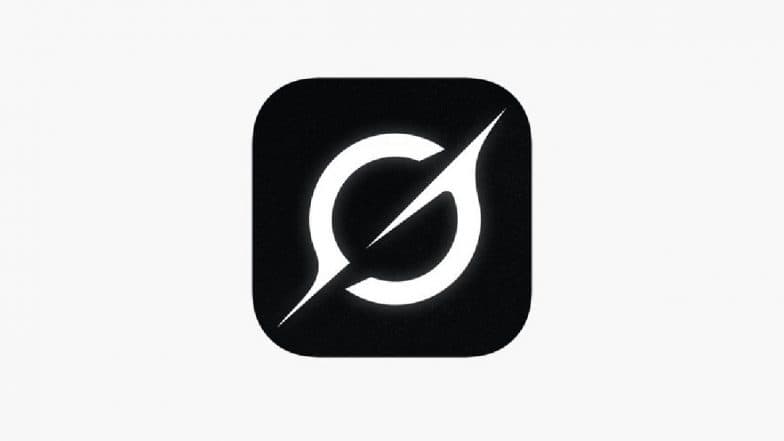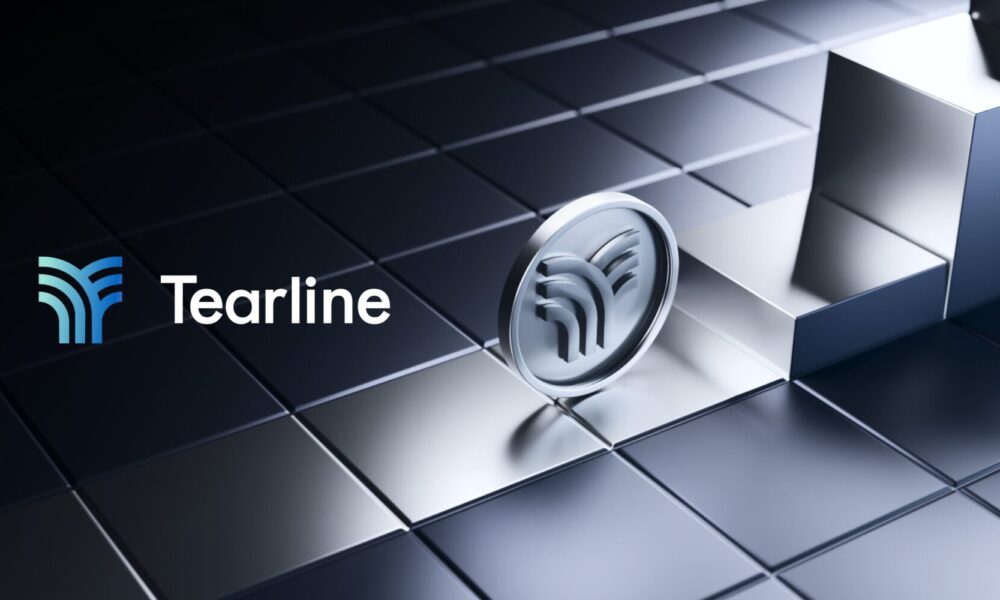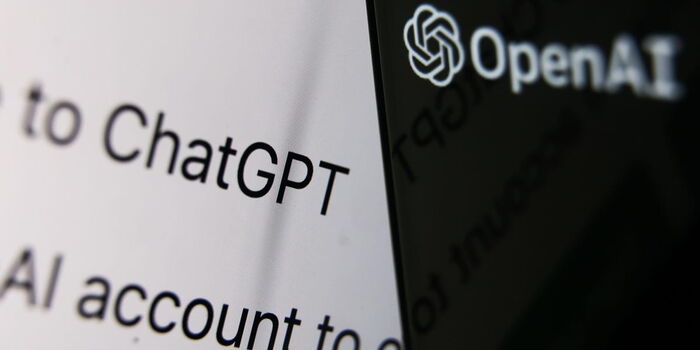AI Hackathon Ignites Youth Innovation in African Agriculture

Africa’s digital transformation received a significant boost this week through a high-impact, 24-hour Artificial Intelligence (AI) hackathon. Hosted by Qhala, Huawei, and Konza Technopolis during the Africa AI Literacy Week, the event brought together 50 university students from across the continent to develop AI solutions for real-world challenges. The hackathon, conducted in a hybrid format with both in-person and virtual participation, including students from Moi University, focused on five critical sectors: Agriculture, Fintech, Healthcare, Education, and Governance. Agriculture took a prominent spotlight, underscoring its pivotal role in Africa’s food systems and economic growth.
The innovative solutions presented showcased the immense potential of Africa's young tech talent. The first-place team captivated judges with an AI-powered platform named Price Pulse AI, designed to predict market prices for agricultural products. By meticulously analyzing historical data, real-time market trends, and weather forecasts, this tool empowers farmers, traders, and financial institutions to make more informed, data-driven decisions. Its aim is to reduce market uncertainties and protect smallholder farmers from potential exploitation, thereby increasing profitability.
Two teams shared second-place honors, each presenting distinct yet impactful AI applications. One team developed a comprehensive farm data collection and analytics system, enhanced by an AI chatbot. This chatbot, uniquely designed to be available in local languages and accessible offline, provides invaluable guidance to farmers on critical aspects such as pest control, yield forecasting, and best farming practices. This innovation is crucial for bridging the knowledge gap prevalent in rural agricultural communities. The second runner-up team introduced an AI and Augmented Reality (AR) mobile application that offers real-time insights into infrastructure. While initially conceived for urban planning and construction, the team adeptly demonstrated its adaptability to agricultural settings, assisting farmers in optimizing storage solutions, irrigation systems, and overall farm layouts through the lens of a smartphone camera.
Recognition for their efforts came in the form of Huawei MatePad tablets for the winning team and Huawei Band 10 smartwatches for the runners-up, intended to support their continued journey in technological innovation. Beyond the awards, the hackathon served as a vital launchpad for learning, mentorship, and collaboration. Participants benefited from expert guidance provided by professionals from academia, industry, Huawei’s technical team, and Konza Technopolis mentors, receiving hands-on support from ideation to prototype development within the demanding 24-hour timeframe.
Leaders from the hosting organizations emphasized the strategic importance of such initiatives. Josephine Ndambuki, Chief Manager for Business Development and Innovation at Konza Technopolis, articulated Konza’s ambition to be at the forefront of AI growth and application across Africa, stressing the importance of equipping young people to lead the ‘Silicon Savannah’ movement. Dr. Shikoh Gitau, CEO of Qhala, underscored the urgency for Africa to develop its own AI solutions, advocating for platforms that enable African youth to innovate, as they inherently understand the continent’s unique challenges. Adam Lane, Director for Policy and Partnerships at Huawei Kenya, reaffirmed Huawei's commitment to empowering African developers by providing cutting-edge skills, cloud platforms, and resources, highlighting the necessity of strong partnerships between government, academia, and startups to ensure technology is accessible and impactful.
Throughout the event, students tackled a diverse range of challenges, including digitizing farm input distribution, creating AI-enhanced educational engagement tools, and developing fintech solutions for unbanked populations. The innovative and varied ideas showcased the burgeoning potential of Africa's tech-savvy youth. Organizers lauded the hackathon as a resounding success and expressed plans to expand future editions, aiming to include more institutions and broaden thematic coverage. As Africa continues to carve out its position in the global AI landscape, initiatives like the Africa AI Literacy Week Hackathon are proving indispensable, not only for building technical skills but also for unleashing the creativity and leadership of young minds, thereby laying a robust groundwork for an inclusive, locally driven digital future.









